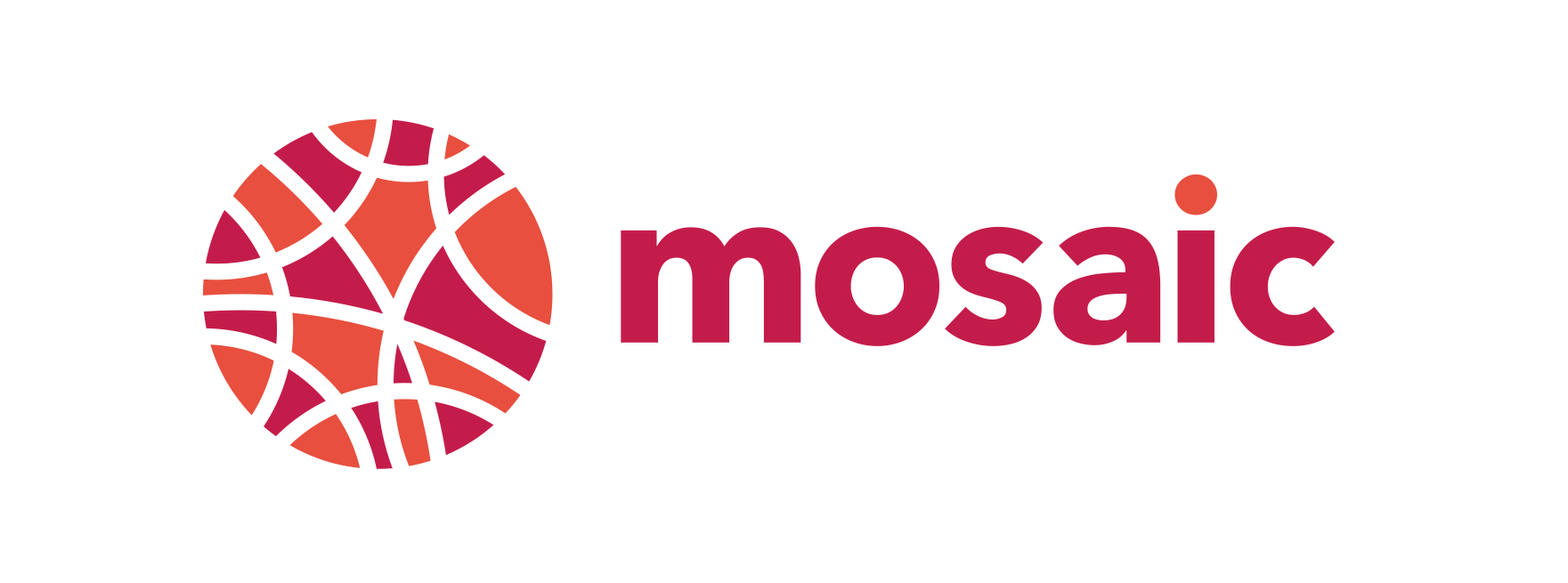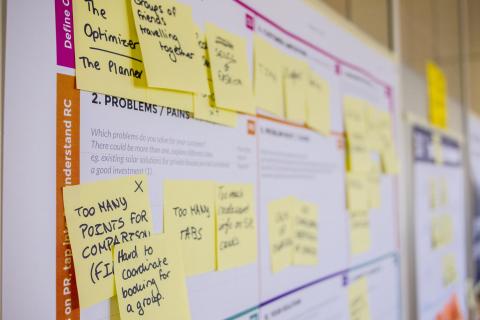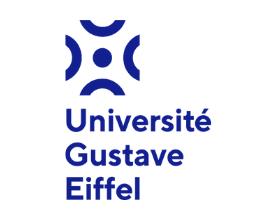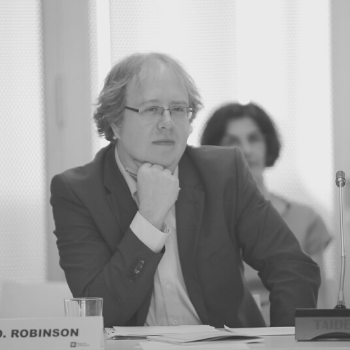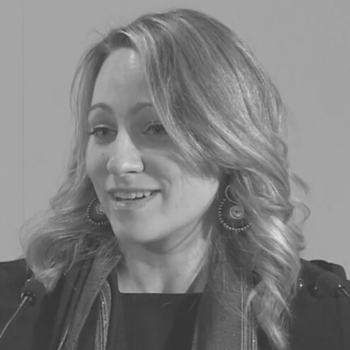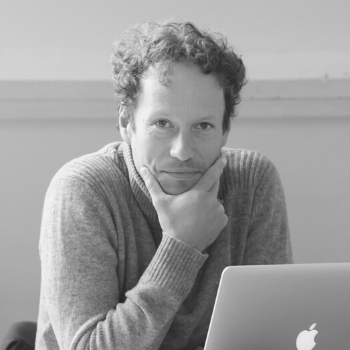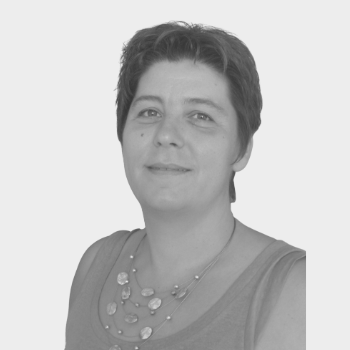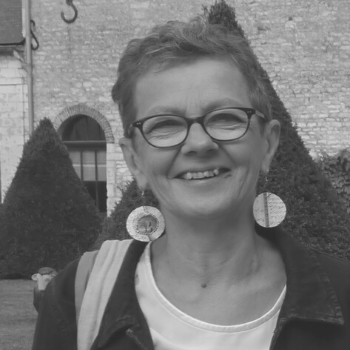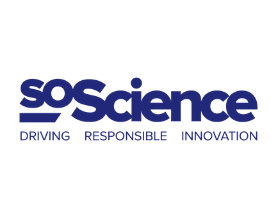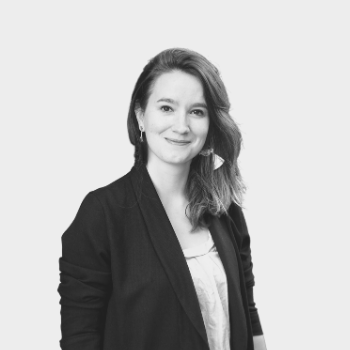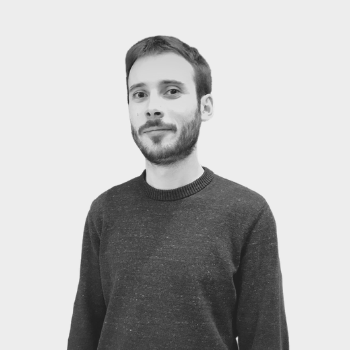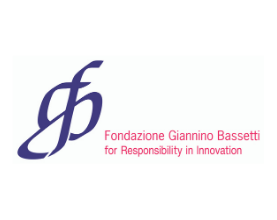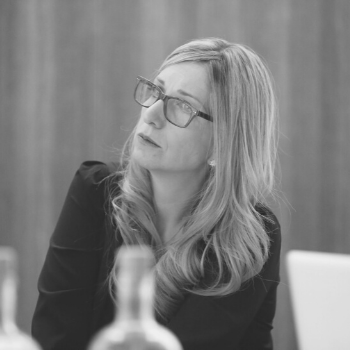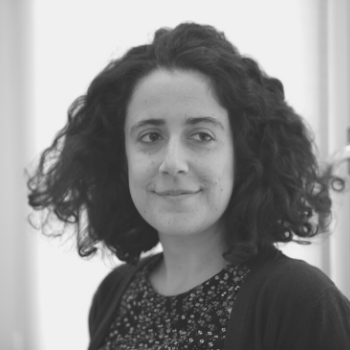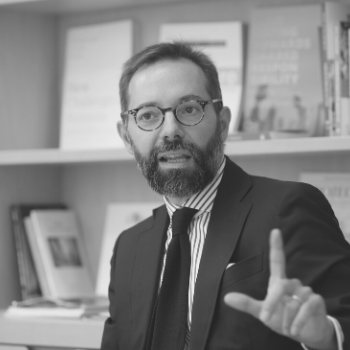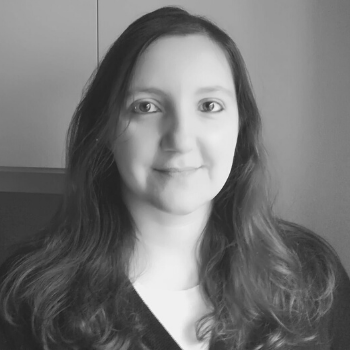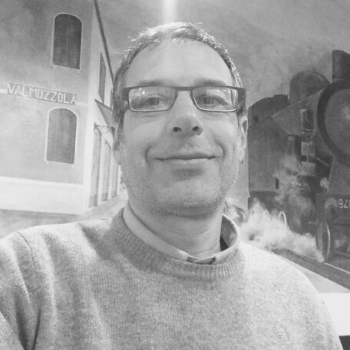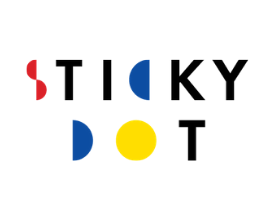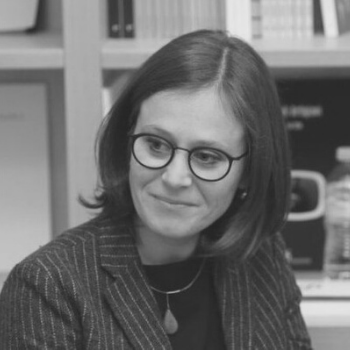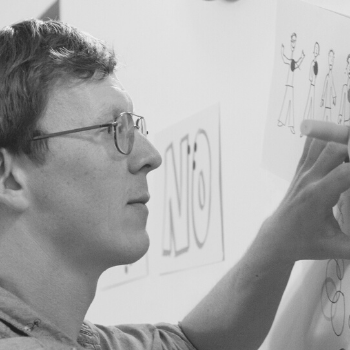About
THE CHALLENGE
We live in a world where it is now more important than ever to find concrete solutions to pressing health and environmental challenges. Every day, we see science and innovation rising up to these global challenges, yet it is still not enough to solve the serious problems that we face. This complexity needs to be addressed by multiple stakeholders involved in research and innovation, including citizens.
If we zoom in on environmental challenges, Europe is on a mission to deliver 100 climate-neutral cities by 2030. Reaching this objective in less than ten years will only be possible if quadruple helix stakeholders are involved (science, policy, industry and society). The only way to find workable solutions to achieve climate-neutrality, which are accepted and taken up at scale, is through the active participation of all concerned.
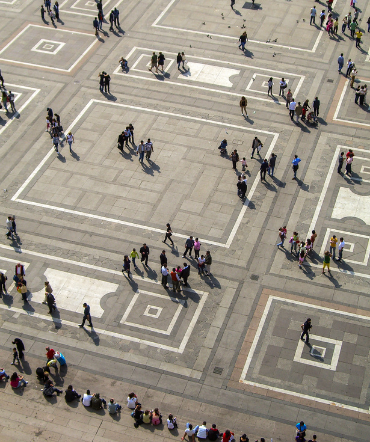
MOSAIC'S CONTRIBUTION
MOSAIC is studying, proving and assessing how solutions to big challenges such as leading big cities towards climate neutrality can be made possible and enhanced by actively involving all concerned actors through sound methodological approaches. In particular, MOSAIC focuses on understanding how the full role of citizens in co-innovation can be met and fairly rewarded.
MOSAIC leverages the wide range of experiences of co-creation emerging from European funding programmes within Horizon 2020, such as Science with and for Society (SwafS), as well as other firm-centric and city-relevant co-creation activities. It identifies and classifies elements of best co-creation practices to engage all parts of the quadruple helix (science, policy, industry and society) in open innovation, paying particular attention to the involvement of the private sector (business and industry). MOSAIC is working to transform this into a collection of elements suitable for mission-oriented open innovation settings. To do so, MOSAIC performs an analysis of relevant experiences towards open innovation, which will be translated into approaches targeted for the mission approach.
MOSAIC carries out pilot actions in Gothenburg and Milan, selected cities committed to the climate-neutral and smart cities mission. These cities actively participate in testing MOSAIC's methodological approach and research actions throughout the project. The pilot actions aim to produce concrete instruments and recommendations that can be replicated in other European cities and regions interested in engaging in mission-oriented approaches through quadruple helix collaboration.
MOSAIC will develop a set of actions, tools and
recommendations that will help the innovation
community to replicate its approach
Pilot actions in Gothenburg and Milan, selected cities committed to the climate-neutral and smart cities mission, are testing MOSAIC’s methodological approach and research actions throughout the project, by first co-designing local challenges for the cities and then co-creating solutions with the active participation of quadruple helix stakeholders.
Six additional European cities, Aarhus, Espoo, Groningen, Pau, Tampere, Turku, will replicate open innovation processes through mentorship and a peer-learning programme.
MOSAIC has built a community of practice around co-creation in climate-neutrality issues, where regions and cities are able to learn and exchange ideas, through a series of webinars and workshops, ultimately accelerating progress towards climate neutrality goals through collaborative and innovative approaches.
Advancing the field of co-creation in the context of open innovation through a detailed study of past co-creation projects and experimentations on the ground, resulting in academic publications and a Springer brief on co-creation in action in open innovation.
Policy support - both in terms of capacity building and offer cities a chance to experience co-innovation in action and in terms of supporting the climate-neutral and smart cities mission.
